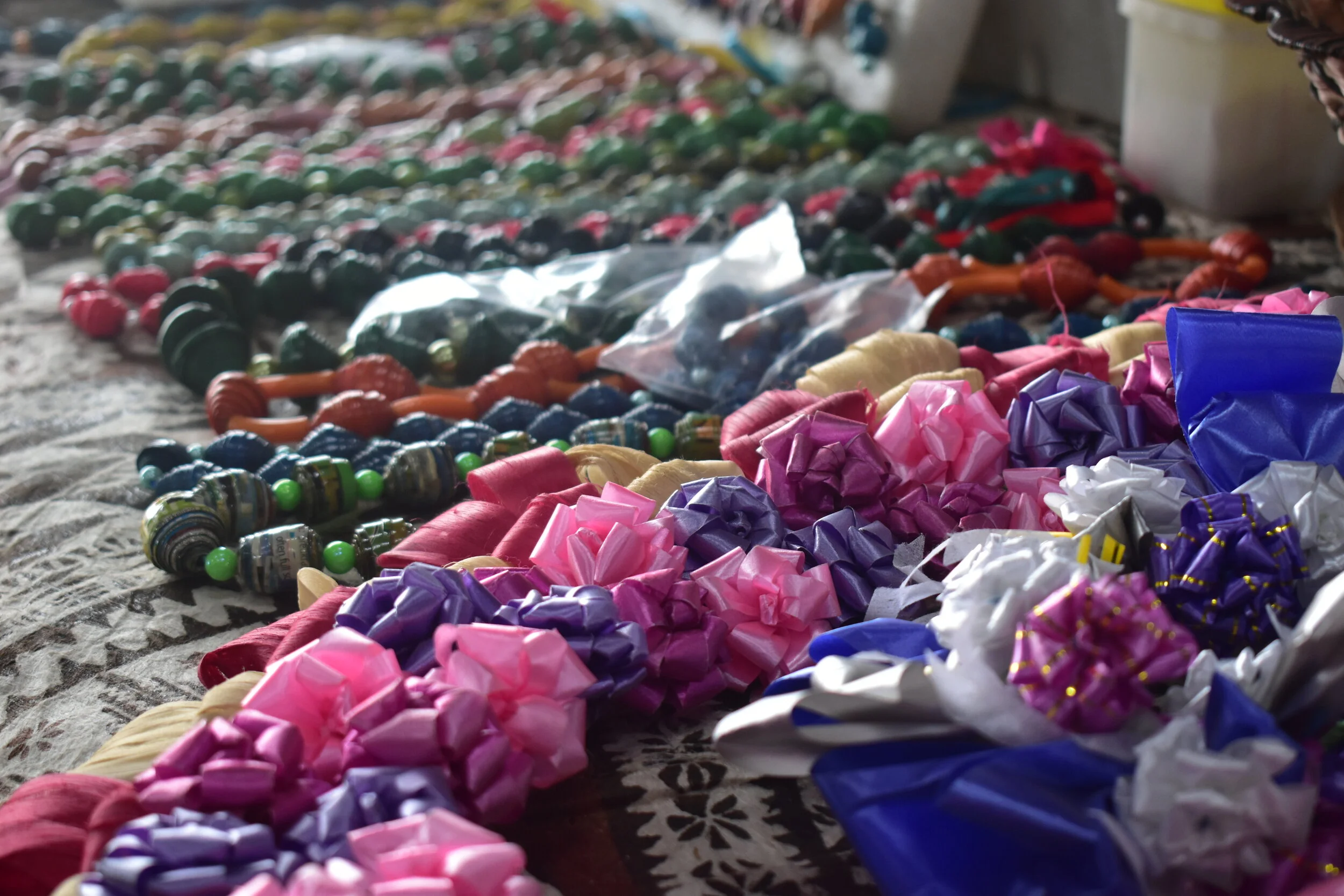International Day of Rural Women is marked annually on October 15. In light of the coronavirus pandemic, this year’s theme is “Building rural women's resilience in the wake of COVID-19”.
“The risk is there, the risk is very real,” said Varanisese Maisamoa, President of the Rakiraki Market Vendors Association.
Maisamoa is one of many market vendors who remained active during the height of the COVID-19 pandemic in Fiji.
As a woman market vendor, she understood firsthand the risk she took to be out there selling in the market.
“Women are the person(s) in the household that literally run the house so the importance of getting the information on how to stay safe on COVID – 19 is very important."
“For women market vendors coming to the market every day, entering the shopping centres, being in contact with the customers, different customers every day - the risk is there, the risk is very real,” she shared during an interview with FemTALK 89FM in May.
While dealing with the impact of COVID-19, Fijian communities also had to bear the brunt of Tropical Cyclone (TC) Harold.
Maisamoa said during this time, many of the women farmers she had spoken to preferred to keep their produce instead of selling it due to the widespread damages of TC Harold as well as restricted movements during the lockdown period.
“After the COVID- 19 came to Fiji I talked to a couple of them and they said we got plantation(s) but we don’t want to bring it(crops) to the Market yet cause we don’t know when the shop is going to continue to close or open,” she said.
“They started to preserve whatever was there for them first to think of their family and then when Rakiraki didn’t record any case and then the supermarket began to open and all that and they started to bring in food from their garden, from their plantation.”
While it has been widely recognised that rural women are “critical agents of change in the fight against rural poverty, hunger and malnutrition” there is much that remains to be implemented in the support of these women’s access to proper infrastructure and services.
“One of the issues that I was expecting is that financially when things go wrong and tough, family will face difficulties and then the wife or the mother usually [become] victims of violence,” said Maisamoa.
For some, it’s gotten to the point where they’ve had to go outside their hometowns to sell their produce in order to earn a living.
“I do the selling because there’s a lot of unemployment here in Rakiraki,” said Ana Kulaniloga, a market vendor in the newly built Rakiraki Market.
“We have built our new market here in Rakiraki but who to buy from our new market? So we have to look outside Rakiraki where there are people employed so they can buy our produce,” she said.
Kulaniloga said even after the market has opened, she’s been travelling weekly to Tavua to sell her produce because “there’s nobody in Rakiraki to buy our produce from our table.”
“Tourism has closed, all these hotels they have closed and the sugar industry is no longer there so we are just depending on the civil servants to buy so that’s the impact,” Kulaniloga shared.
Kulaniloga said, “More awareness workshops need to be conducted in rural areas to empower people to adapt to the present situation.”
In August, the Shifting the Power Coalition released a rapid assessment report, “Mobilising Women's Leadership Solutions for Protection and Recovery in a Time of COVID-19 and TC Harold”. The report provides recommendations to ensure the protection of vulnerable groups as well as management of social and economic impacts of the pandemic, which includes dedicated funding for women-led livelihood and food security programmes.


